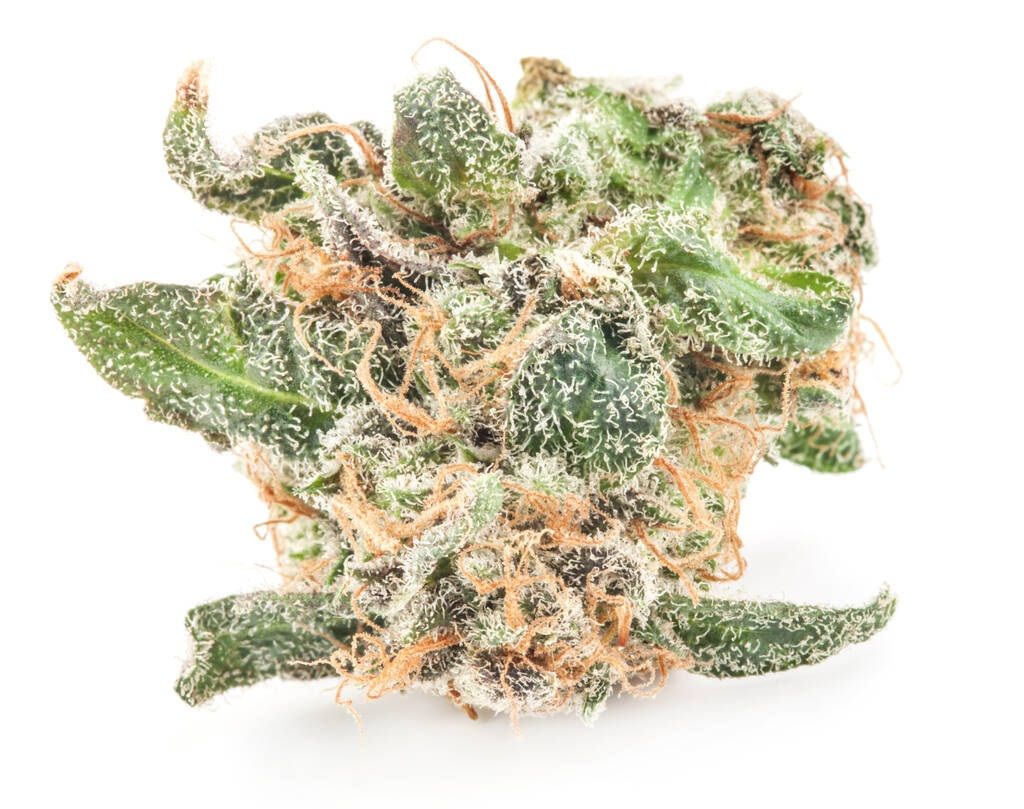The Biden Administration announced today that the DEA will move marijuana to Schedule III. Here’s a breakdown of what that means.
 In a landmark decision that marks a significant shift in federal marijuana policy, the Biden Administration announced today that the Drug Enforcement Administration (DEA) will reclassify marijuana from a Schedule I to a Schedule III controlled substance. This move will have widespread implications for both medical research and the legal landscape surrounding cannabis use.
In a landmark decision that marks a significant shift in federal marijuana policy, the Biden Administration announced today that the Drug Enforcement Administration (DEA) will reclassify marijuana from a Schedule I to a Schedule III controlled substance. This move will have widespread implications for both medical research and the legal landscape surrounding cannabis use.
Under the Controlled Substances Act (CSA), enacted in 1970, substances are classified into schedules based on their accepted medical use, potential for abuse, and likelihood of causing dependency. Schedule I drugs, which include LSD and heroin, are considered to have no accepted medical use and a high potential for abuse. Marijuana has been categorized under this schedule since the CSA’s enactment, a classification that has long been a point of contention among advocates, researchers, and lawmakers.
The reclassification to Schedule III, which includes drugs like ketamine, codeine and anabolic steroids, acknowledges marijuana’s accepted medical uses, effectively legalizing it nationwide for prescription use. This change will bolster medical research, as Schedule III drugs face fewer regulatory hurdles. Researchers will now have an easier time obtaining cannabis for studies, potentially leading to more robust evidence and developments in treatment options involving the drug.
Legally, the reclassification could ease some of the federal restrictions surrounding marijuana, particularly in banking and business operations for cannabis companies. Currently, because marijuana remains a Schedule I drug, many banks and financial institutions are hesitant to offer services to cannabis-related businesses, fearing legal repercussions. The shift to Schedule III could alleviate these concerns by providing a more stable legal framework, thereby encouraging more traditional business interactions and growth in the industry.
Furthermore, this policy change might influence state laws and enforcement. While it doesn’t legalize marijuana federally, it signals a more permissive federal stance and could spur more states to reassess their own marijuana policies.
The move to Schedule III may also have a political impact on November’s presidential election. Polling released in January found that rescheduling marijuana will increase President Biden’s favorability by 11%, a large increase in what’s expected to be a close election. The same poll found that 58% of voters support marijuana being rescheduled, with just 19% opposed.
For an overview of the procedural steps required before marijuana can be officially moved to Schedule III, click here. For a list of the 10 biggest implications of this change, click here.
You can find a breakdown of the 10 states next in line to legalize marijuana by clicking here.








